Performance Management Best Practices & Examples
WorkDove
MARCH 12, 2024
A common misconception is that performance management is simply providing employees with a formal performance review at least once a year. The end goal of performance management is to create a high-performing culture that drives better business results. The modern workplace knows better.

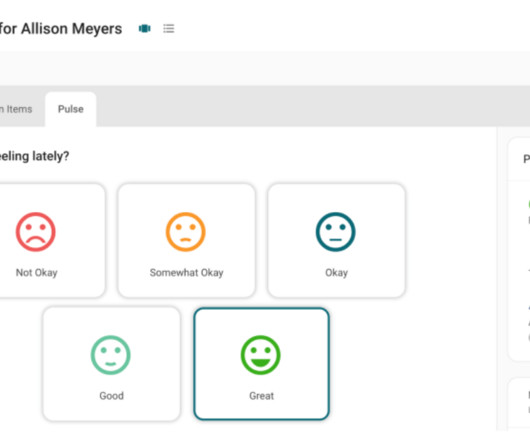

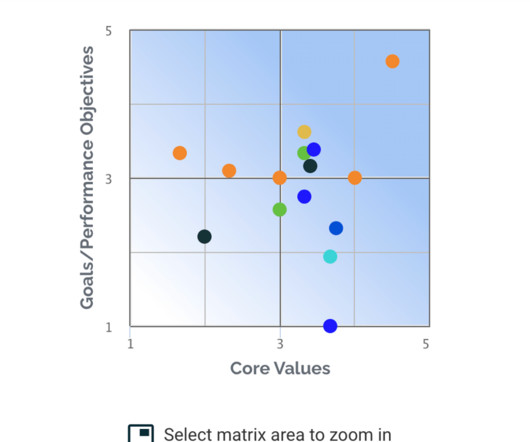

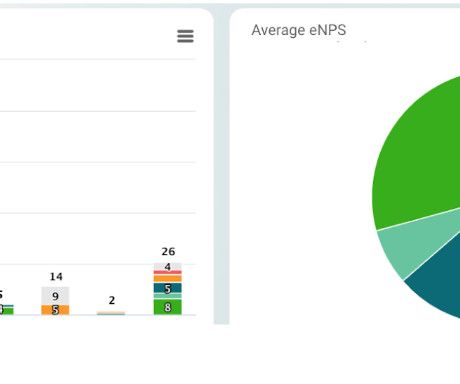
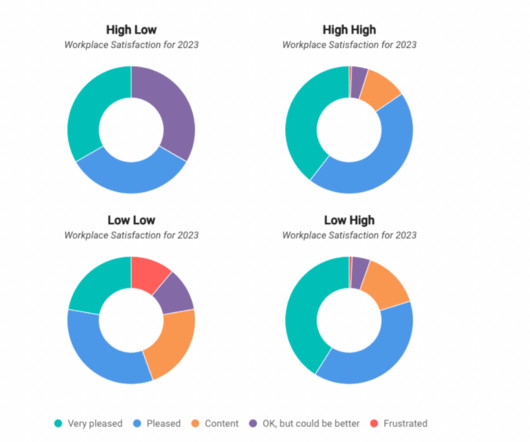
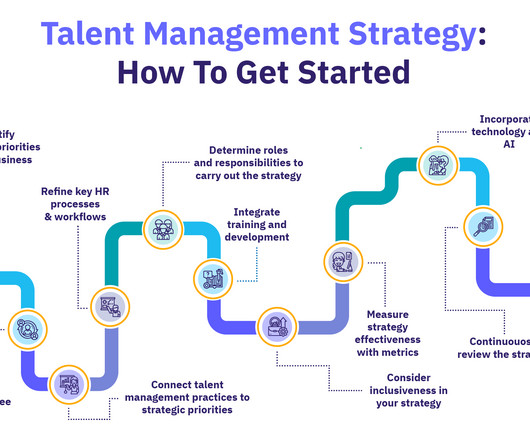


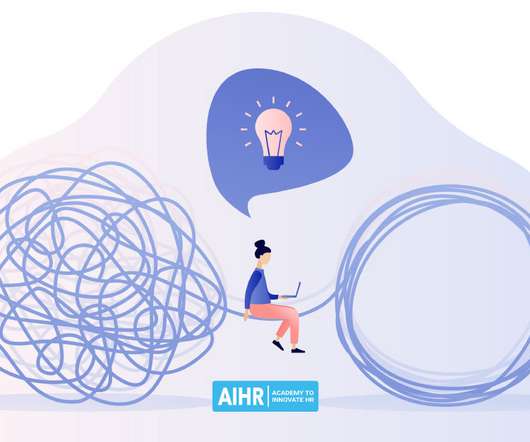


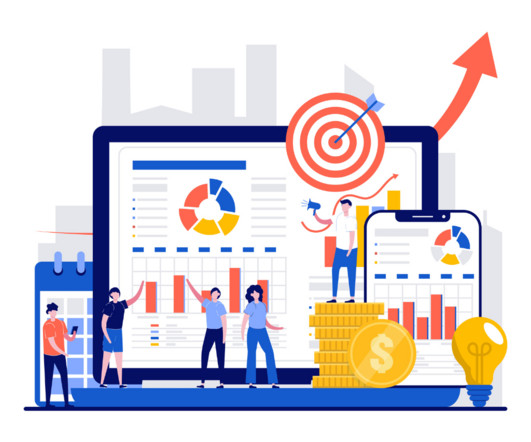













Let's personalize your content